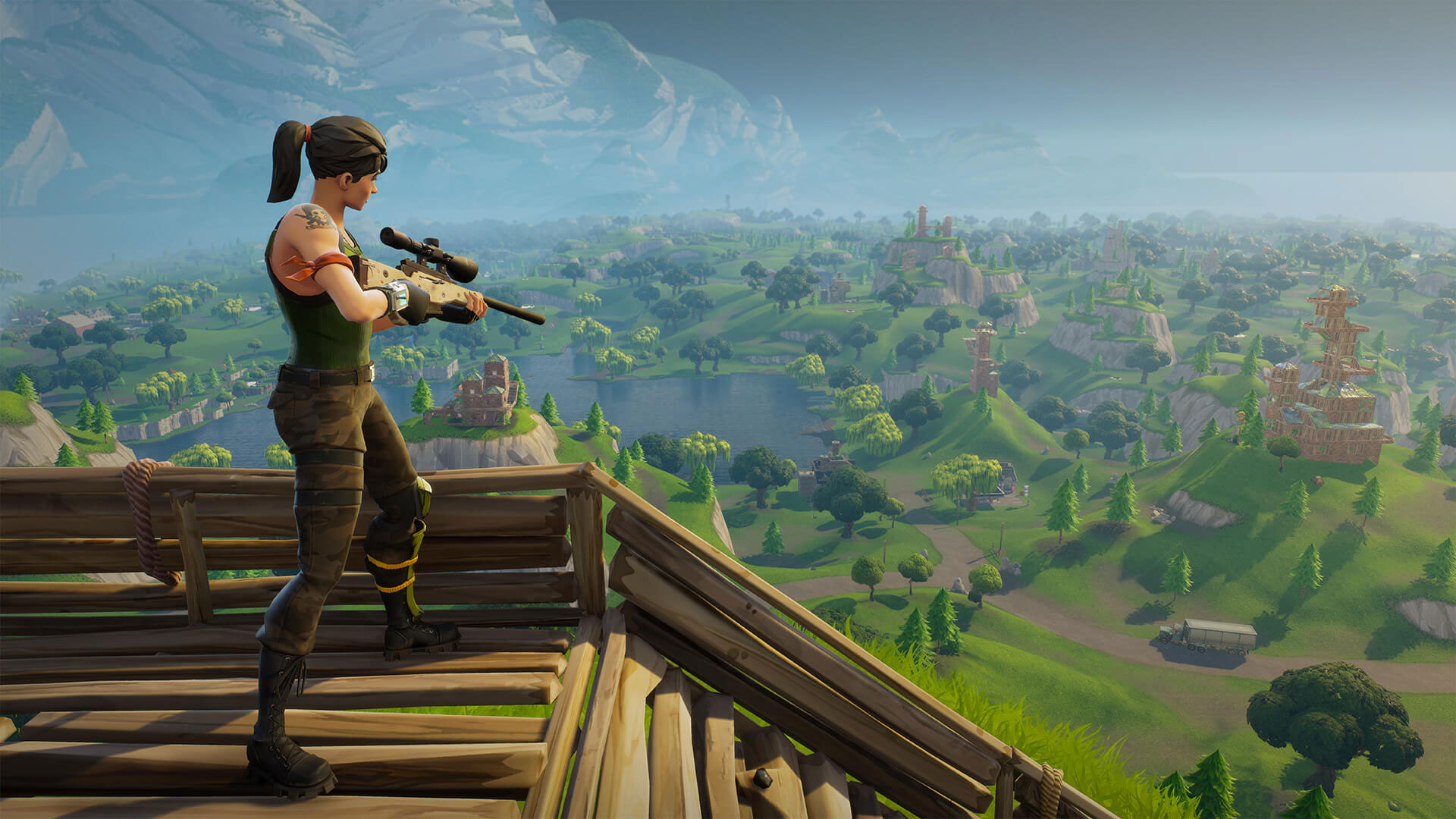Like rock music in the Sixties, like video nasties in the Eighties, like Pokémon cards in the Nineties, like Minecraft in the Noughties, it’s here to rot your children’s minds and send us back to the dark ages, apparently.
Let’s shelve the violence debate for now – it returns ad infinitum anyway, we can discuss it another time.
Video game developers consult psychologists to find ways to make games more addictive by designing the ‘gameplay loop’ to be as rewarding and as engrossing as possible. Take Fortnite, for example: when one run ends, it is quick to get players back on the ‘battle bus’ and into another match while each success give players more experience to rank up to unlock cosmetic items.
There is a constant urge to return. In fact, video games are often praised for being ‘hard to put down’. Add to this that video games ‘fight back’ – you have to be good enough to continue to progress – and it’s clear that they are enormous time sinks. But, then again, aren’t books just as time consuming?
I’ve ploughed a good 70 hours into Fortnite since it came out last September – a mere drop in the ocean compared to my tipple of choice, Overwatch – and it is not the brain-dead, aggression machine that the doom-mongers will have you believe.
Advertising helps fund Big Issue’s mission to end poverty
In fact, it has a lot of merit – it requires planning, lateral thought and, if you’re on a team, communication and teamwork. It requires decision-making on whether to take a fight or save it for another day. It requires map reading and orientation skills – ‘if we go through here, around there, we’ll be in a great spot for the end game’ and so on. And, as someone who lives very far from their friends, it offers a great way to keep in touch. Good lessons for the future generation to learn for when they go outside, no?
Just ask this expert:
If the above is news to you and you’re a parent then it is time to get involved. I was fortunate enough that my dad, by no means a gamer, took an interest when I was a kid – I have fond memories of bumping his car off the track on racing game TOCA Touring Cars. Taking that step allowed me to connect with him and he was then canny enough to let that spin out into other interests. It’s impossible for me to play the game when I was watching touring car races on Grandstand or at a race circuit as a kid. Although if I could have played it portably back then, it could have been a different story.
No one is asking you to become a l33t gamer but taking an interest can certainly help – and hey, if the game is good enough for Drake or Dele Alli then it might be worth a go.
I was also fortunate that my parents were very clear about the amount of time I spent on a console. Sure, they’ll tell you I was whiny arsehole when they hauled me off my PlayStation and tabloid tales tell stories of kids striking back when tablets are taken away, I get that. But standing firm was the best thing for me and the kids will thank you later on. Parental intervention is key because let’s face it, when kids get into things they get into them hard.
Advertising helps fund Big Issue’s mission to end poverty
At the end of the day, if adding gaming disorder to a WHO list helps people get help quicker for underlying mental health problems like anxiety and depression then it has to be worth it.
But we mustn’t lose sight of the fact that mental health can work both ways with video games.
In a time where I was crippled with depression in the past, I purchased BioShock – a much-acclaimed first-person shooter – to get me through. In that time, making any progress in my life – whether it be personally or professionally – seemed to be an insurmountable hurdle. But solving puzzles, figuring out how to take down the game’s iconic ‘Big Daddy’ bosses and pondering the game’s themes gave me escapism and somewhere to divert my attentions.
It was a key part in my recovery and even now, when I have a frustrating day at work or a problem I can’t overcome, booting up Skyrim and ticking off a few objectives can be heartening experience.
This can’t be lost in the moral panic and the rush to condemn video games for poisoning our minds and consuming our time. And let’s face it, the latest fad to swallow up your kid’s hearts and minds is just days away.
Advertising helps fund Big Issue’s mission to end poverty
Image: Epic Games









